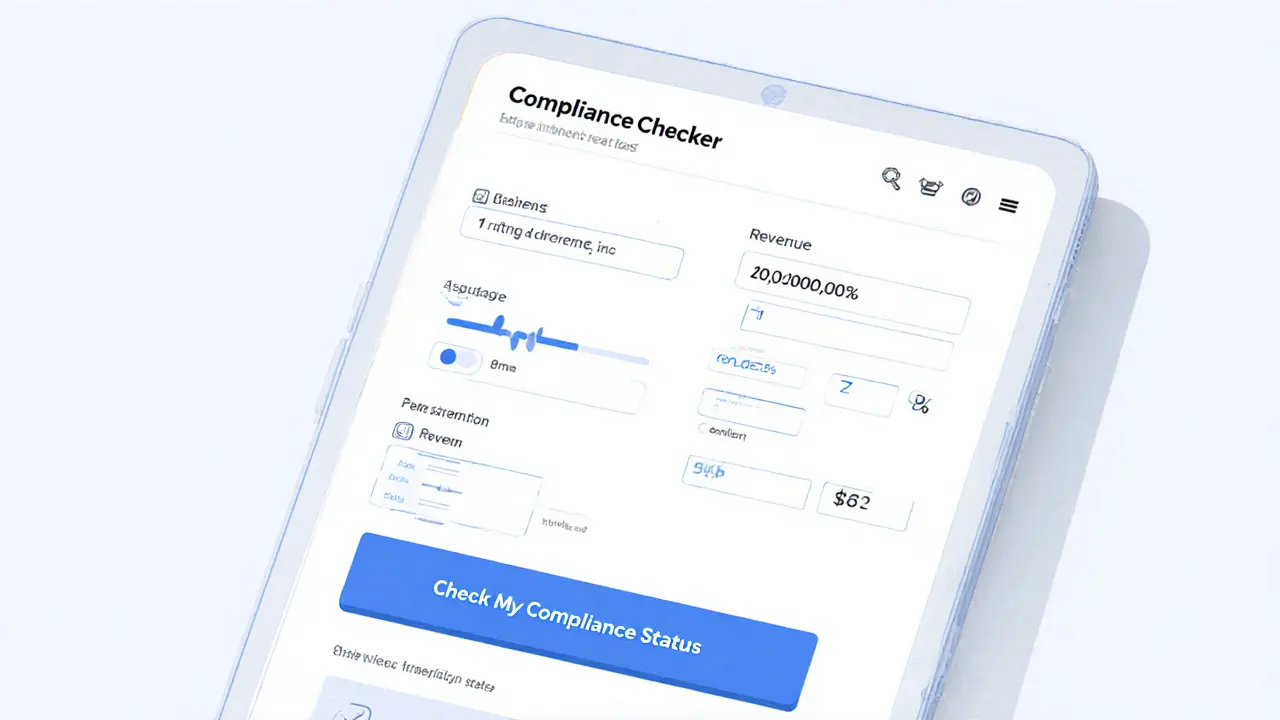Global Privacy Framework: Your Guide to Data Protection in Crypto and Finance
When working with global privacy framework, a set of worldwide standards that govern how personal data is collected, processed, and shared across digital platforms. Also known as global data protection framework, it provides the legal backbone for privacy in fintech, blockchain, and online services. The framework encompasses regional regulations, industry‑specific rules, and emerging privacy‑preserving technologies. It requires businesses to adopt compliance tools, conduct impact assessments, and constantly monitor cross‑border data flows. In practice, this means every crypto exchange, DeFi protocol, or mining pool must align its user‑data policies with the framework or risk hefty penalties.
Key Components of a Global Privacy Framework
One cornerstone is GDPR, the EU’s General Data Protection Regulation that sets strict rules on data handling, consent, and user rights. Across Europe, GDPR drives how exchanges verify KYC information and store transaction logs. Another major player is CCPA, California’s privacy law that gives consumers the right to know, delete, and opt‑out of data sales. For platforms serving U.S. users, CCPA adds a layer of disclosure and opt‑out mechanisms that must be built into onboarding flows. Both regulations influence the broader global privacy framework by setting high‑water marks that other jurisdictions often emulate.
Beyond legal texts, the framework leans on technical advances like zero‑knowledge proofs, cryptographic methods that let parties verify information without revealing the underlying data. In a DeFi lending context, zero‑knowledge proofs let lenders confirm borrower eligibility while keeping income details private, aligning with the framework’s goal of minimizing data exposure. Meanwhile, decentralized identity, self‑sovereign ID solutions that let users control their credentials on the blockchain provide a compliance‑friendly way to meet KYC/AML requirements without storing personal data in a central repository. Together, these technologies enhance the global privacy framework by offering practical ways to meet its standards.
All of these pieces—regional laws, cryptographic tools, and self‑sovereign identities—create a network of obligations and opportunities for crypto traders, exchange operators, and blockchain developers. In the articles below you’ll find step‑by‑step guides on navigating exchange regulations in Thailand, tips for securely switching mining pools, and deep dives into sidechain security—all filtered through the lens of the global privacy framework. Armed with this context, you can better assess risk, stay compliant, and focus on the trading strategies that matter most.
2025 Privacy Protocol Regulations: U.S. State Laws & Global Framework
A detailed guide to the 2025 privacy protocol regulations, covering eight new U.S. state laws, global frameworks like India's DPDPA, compliance steps, common pitfalls, and a FAQ.
VIEW MORE
